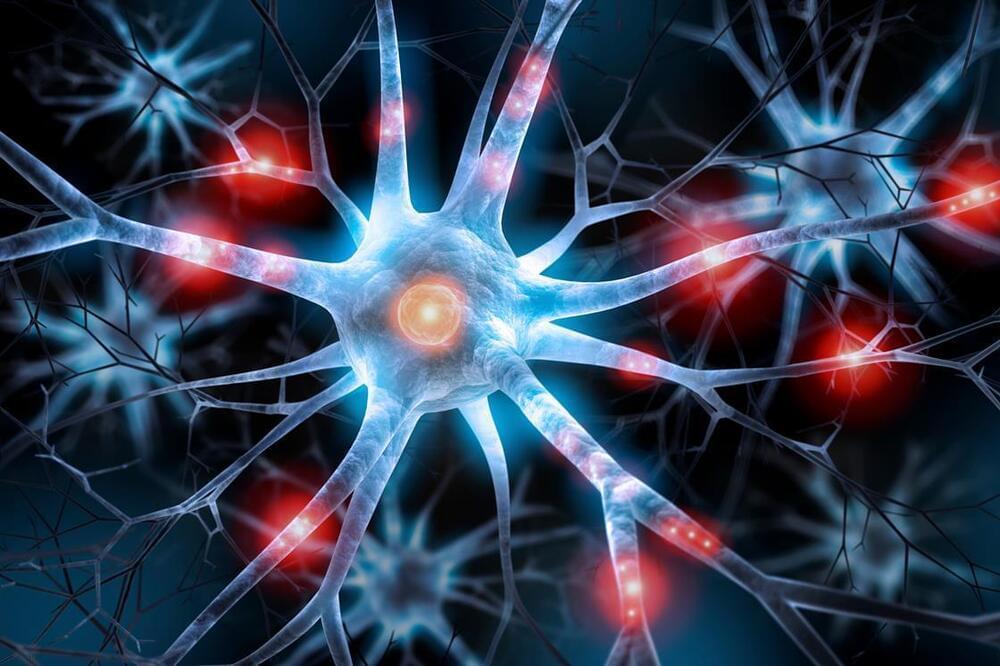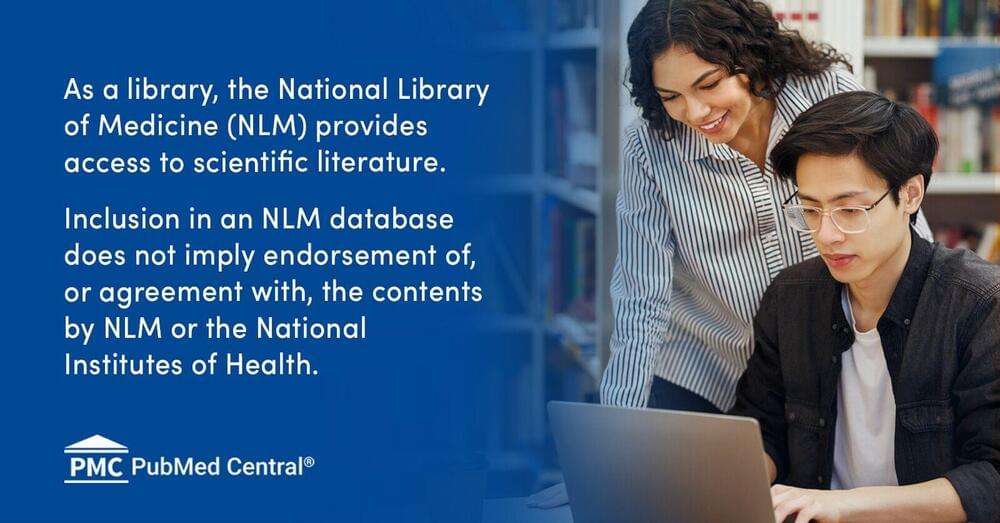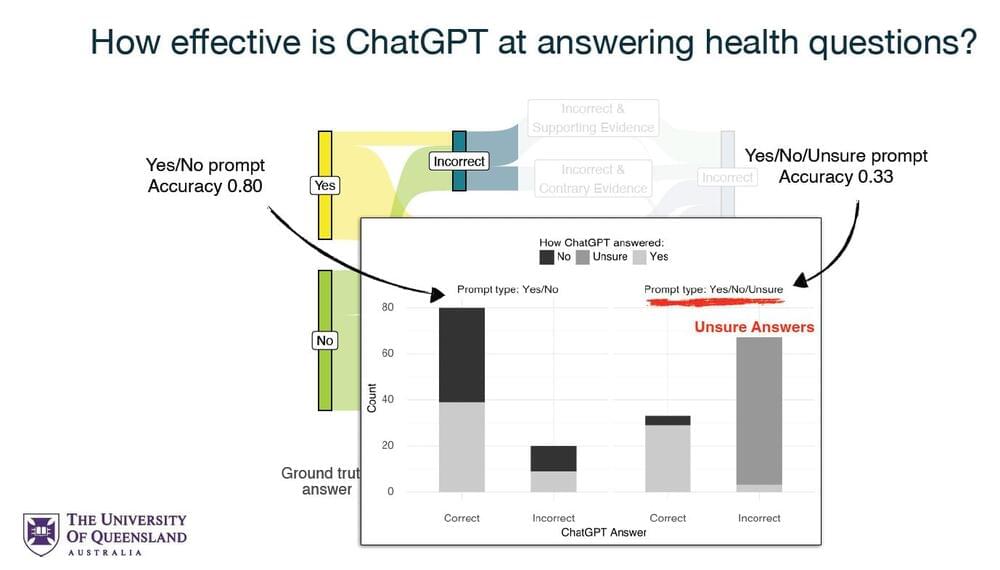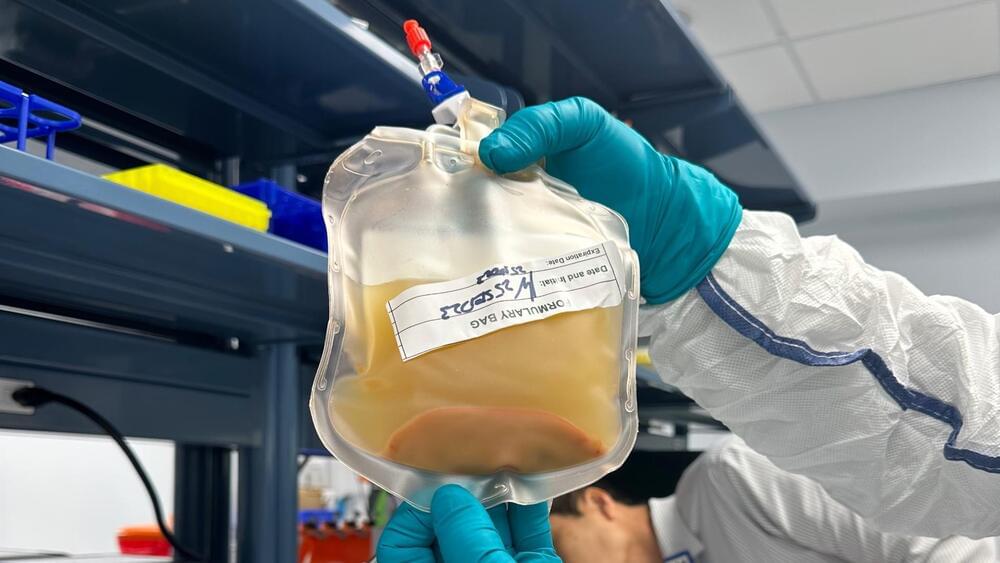
USA: Using an electronic health record (EHR)-based algorithm plus practice facilitators embedded in primary care clinics did not reduce hospitalization at one year, according to a pragmatic trial involving patients with the triad of chronic kidney disease, hypertension, and type 2 diabetes.
“The hospitalization rate of patients in the intervention group at one year was about the same as that with usual care (20.7% vs 21.1%),” the researchers reported in the ICD-Pieces study published in the New England Journal of Medicine.
Patients with chronic kidney disease (CKD), type 2 diabetes (T2D), and hypertension (the kidney-dysfunction triad) are at high risk for multiple complications, end-stage kidney disease, and premature death. Despite the availability of effective therapies for these patients, there is a lack of results of large-scale trials examining the implementation of guideline-directed therapy to reduce death and complications risk in this population.


















